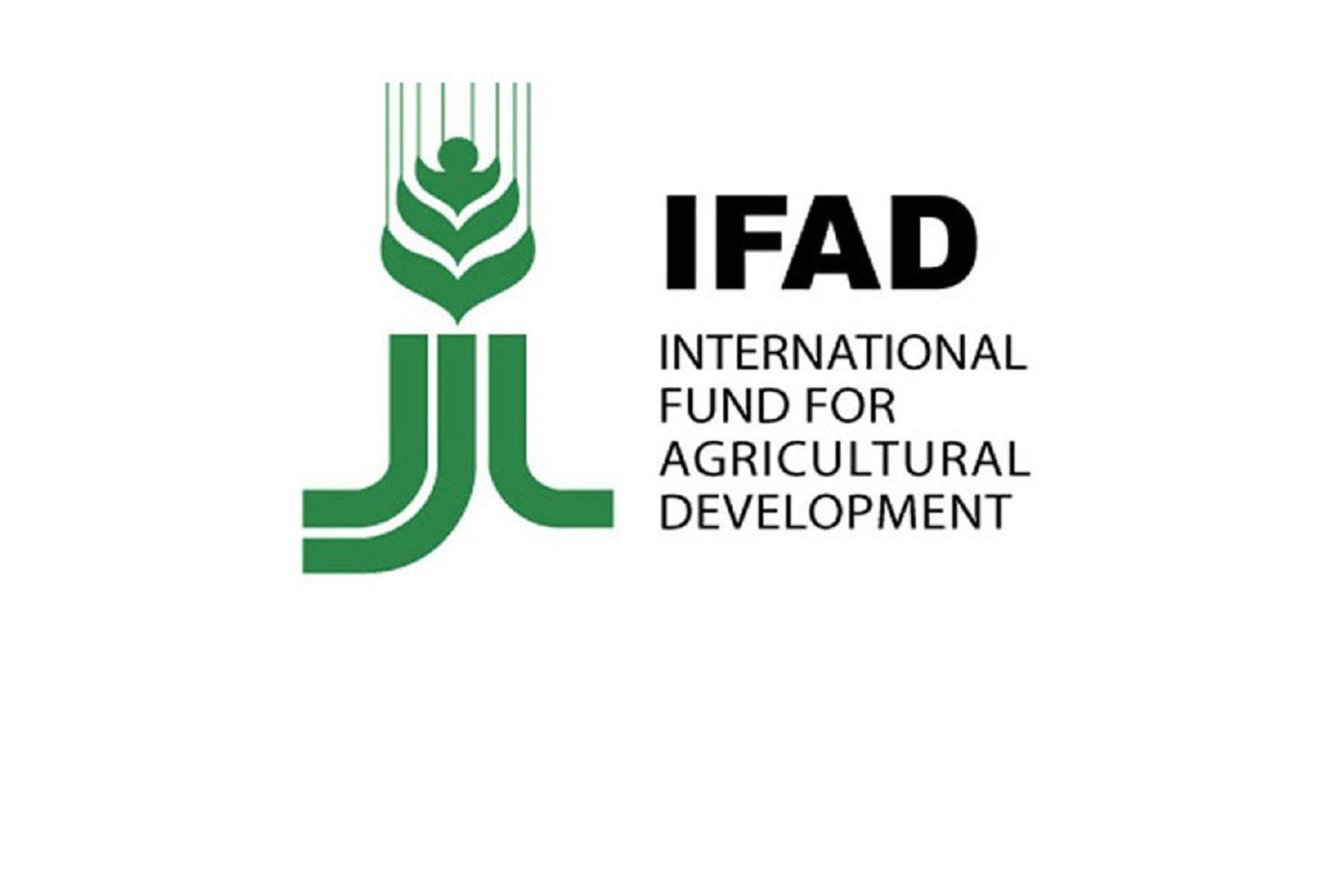FG, IFAD to mainstream risk assessment in projects
The federal government, in collaboration with the International Fund for Agricultural Development (IFAD), has expressed commitment to implementing Social, Environmental, and Climate Change Assessment Procedures (SECAP) in all IFAD-funded projects in Nigeria. IFAD Country Director, Mrs. Dede Ekoue stated this during a training workshop held in Port Harcourt, Rivers State, organised in partnership with SUSTAIN […]

The International Fund for Agricultural Development (IFAD)
The federal government, in collaboration with the International Fund for Agricultural Development (IFAD), has expressed commitment to implementing Social, Environmental, and Climate Change Assessment Procedures (SECAP) in all IFAD-funded projects in Nigeria.
IFAD Country Director, Mrs. Dede Ekoue stated this during a training workshop held in Port Harcourt, Rivers State, organised in partnership with SUSTAIN International to support effective SECAP implementation.
Mrs Dede Ekoue, the IFAD Country Director, emphasised that the workshop is pivotal for aligning agricultural projects with climate resilience and socio-economic goals.
She said through innovative digital tools such as AI-enabled farmer chats, solar boreholes, and biogas digesters, IFAD is transforming smallholder farming across Nigeria.
- Corruption must be fought from top, says Obasanjo
- El-Rufai loyalists’ sack from Sani’s cabinet heightens rift speculation
Mrs Ekoue explained that the SECAP process is designed to ensure that IFAD’s projects meet social, environmental, and climate policies, saying it helps in identifying potential risks and impacts and guides how to avoid, minimise, reduce, or mitigate them.
Mr. Bukar Musa, Director of the Projects Coordinating Unit, Federal Ministry of Agriculture and Food, reiterated the government’s commitment to climate-smart agriculture.
He highlighted the importance of the SECAP training in enhancing environmental sustainability and mitigating climate change risks, particularly for vulnerable farming communities.
Musa also noted that the workshop was part of Nigeria’s broader strategic response to the climate crisis, including the devastating floods that have affected multiple states.
Mr Babatunde Adebayo, Deputy Director at the Federal Ministry of Finance, added that the training has increased awareness within the IFAD Project Management Units and the Ministries of Agriculture and Finance on the importance of SECAP. It also strengthened their capacity to comply with SECAP requirements.
The workshop trained 60 participants, including Project Coordinators, Environment and Climate Change Officers, Irrigation/Civil Engineers, and Gender Officers, from IFAD projects like LIFE-ND, the Value Chain Development Programme (VCDP), and Special Agro-industrial Processing Zones (SAPZ).
The primary goal of the training was to enhance the capacity of IFAD-funded project staff and stakeholders, ensuring the effective implementation of SECAP in agricultural projects across Nigeria.
